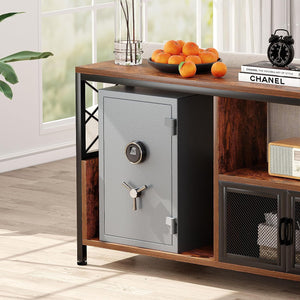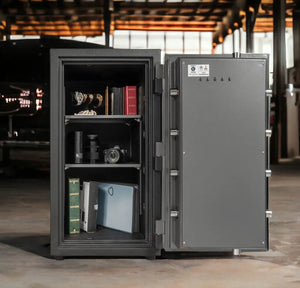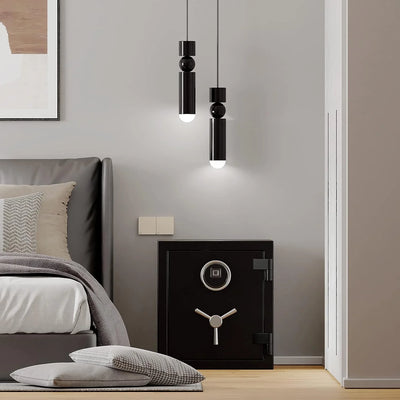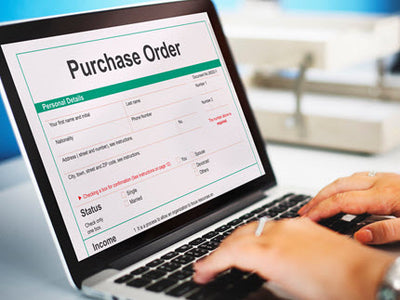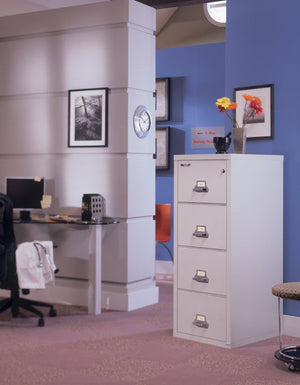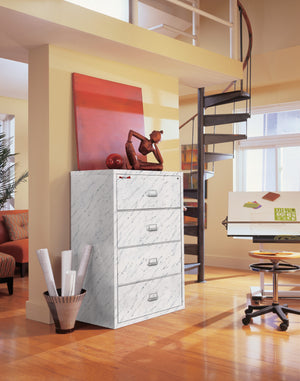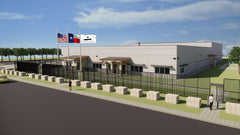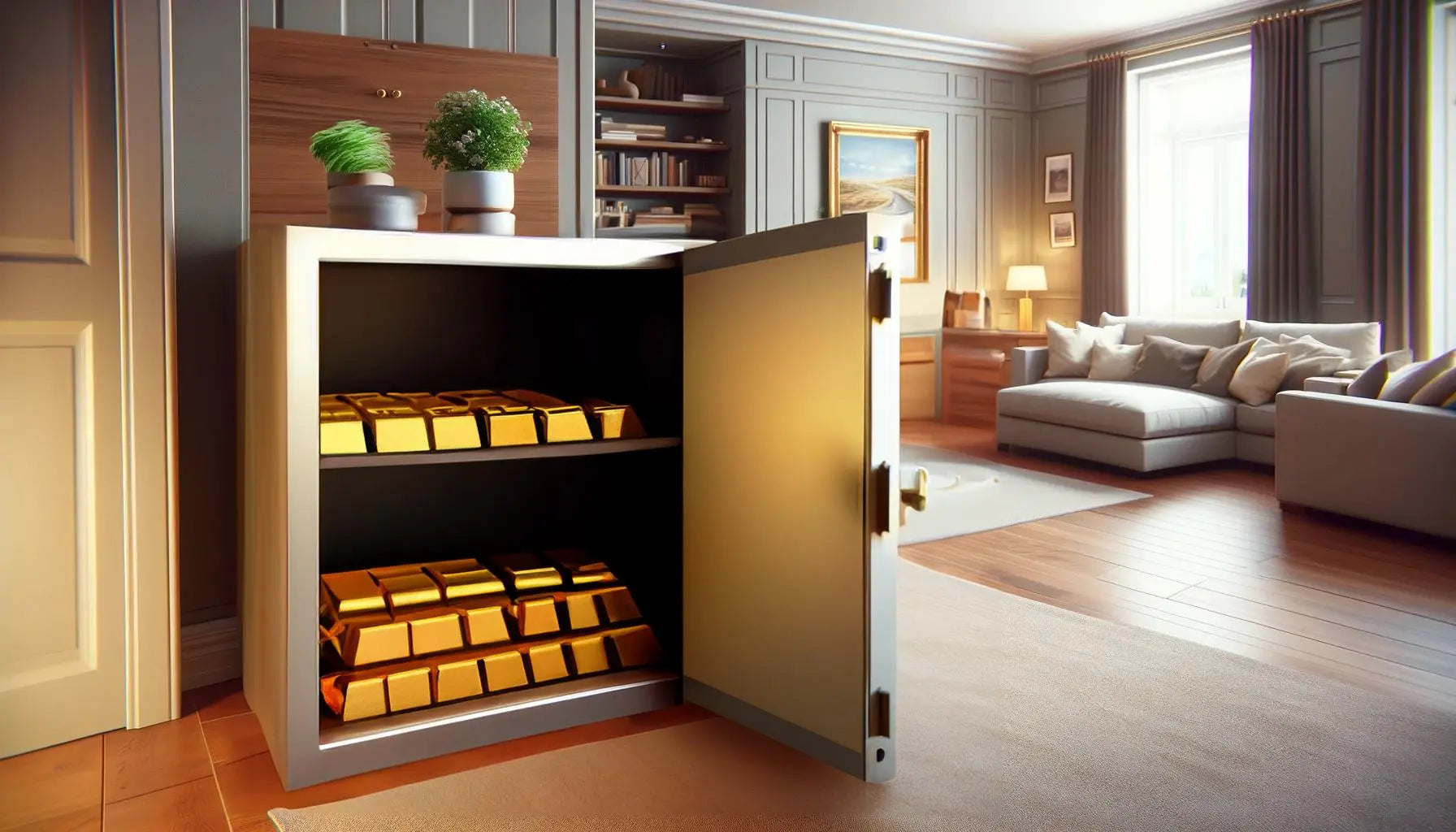
The Smart Investor's Guide to Precious Metals Storage Options: Navigating Home Safes vs. Third-Party Depositories
Investing in precious metals like gold, silver, platinum, and palladium offers a tangible way to diversify your portfolio, hedge against inflation, and secure a part of your wealth in a form that has stood the test of time. However, once you've acquired these valuable assets, the question of safe storage becomes paramount. This article delves into the advantages and disadvantages of storing precious metals at home in a safe versus opting for third-party storage solutions like bank safety deposit boxes or dedicated precious metals depositories. Each storage method comes with its unique set of considerations, from security measures and insurance to cost savings and privacy concerns.
Home Storage in Safes
Advantages
- Cost Savings: Storing precious metals at home eliminates ongoing storage fees associated with bank safety deposit boxes and third-party depositories. It's a one-time investment in a good safe and any additional security measures you choose to implement.
- Immediate Accessibility: Your assets are immediately accessible, offering peace of mind and convenience without the constraints of bank hours or third-party depository access schedules.
- Privacy: Home storage ensures your investments remain private, not disclosed to any third-party storage providers, which is a significant consideration for those valuing anonymity in their holdings.
Disadvantages
- Security Risks: Home storage increases the risk of theft and damage. It requires significant investment in security measures and to mitigate these risks effectively.
- Insurance: Obtaining insurance coverage for precious metals stored at home can be expensive, depending on the value of your holdings and the specifics of your insurance policy.
Considerations for Home Storage
Investing in robust security measures is crucial. High-quality safes, alarms, secrecy, and surveillance systems are key to protecting your investment. Additionally, insurance coverage for precious metals adds another layer of protection against potential losses due to theft or unforeseen disasters.
Types of Safes for Precious Metals Storage
Securing your precious metals requires a well-thought-out strategy, starting with choosing the right safe. Here, we explore the types of safes designed for the secure on-premises storage of precious metals, detailing their features, installation considerations, and how to select the best one for your needs.
Fire and Burglary Rated Composite Safes
Key Advantages: These safes stand as the gold standard in security, providing unmatched protection against both theft and fire. Crafted from a blend of high-density concrete encased between steel plates, they offer formidable resistance to physical attacks and high temperatures.
Notable Features: Distinguished by their weight and enhanced security features, these safes include heavy-duty active boltwork and additional deadbolts on the hinge side, extending deep into the safe's body for increased resistance. The inclusion of spring-loaded or glass-activated relocking devices ensures that additional bolts engage if the safe is subjected to forceful entry attempts, such as with sledgehammers or drills.
Selection Tips: When choosing a composite safe, consider its size, weight, and the type of locking mechanism, whether mechanical or electronic, to meet your specific needs.
Installation Tips: Ensure proper installation by utilizing the predrilled anchor holes located at the bottom of the safe, ideally anchoring it to a concrete floor for maximum security. Positioning the safe close to a wall can prevent the leverage of a jack in a burglary attempt.
Burglary Safes
Distinct Characteristics: Also known as plate safes, these are constructed from solid plate steel and lack fire insulation, maximizing interior space for storage. They are typically B-rated, indicating a door constructed with 1/2" thick steel and a body of 1/4" thick steel, making them ideal when fire resistance is not a primary concern but maximizing interior space is.
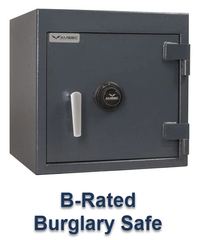
Installation Advice: Burglary safes usually feature four predrilled anchor holes for secure bolting to floors. For enhanced security, anchoring to a concrete floor with wedge anchors is recommended. If a concrete floor is not available, anchoring to a floor joist is advisable.
In-Floor Safes
Overview: These safes offer a stealthy security solution by being installed directly into concrete floors, hidden from view under rugs, furniture, or tiles. They are particularly hard for burglars to locate and remove, providing a high level of burglary protection.
Design and Security: In-floor safes come with solid steel doors, either 1/2" or 1" thick, and are installed flush within a concrete slab, offering both burglary and fire protection by virtue of their insulated location.
Key Points: The integration of these safes into the concrete not only makes them a discreet storage option but also enhances their resistance to fire, as concrete acts as a natural insulator.
Choosing and Installing: Size, door thickness, lock type (mechanical or electronic), and installation method are critical considerations. Proper installation involves embedding the safe into a concrete slab, ensuring it is surrounded by concrete and level with the floor, providing a secure and concealed storage solution.
By carefully selecting and properly installing the right type of safe, you can ensure the security and accessibility of your precious metals, tailoring your choice to your specific security needs, space requirements, and the level of discretion desired.
Third-Party Storage: Bank Safety Deposit Boxes and Precious Metals Depositories
Bank Safety Deposit Boxes

Advantages
- Security and Insurance: Banks offer a high level of security and typically provide insurance for items stored within their safety deposit boxes.
- Climate-Controlled: Protects against environmental damage.
Disadvantages
- Safe Deposit Boxes Are Harder To Find: Fewer banks are offering safe deposit boxes due to various reasons such as the significant physical expense of offering secure storage, the trend towards online banking, and the shift in consumer preferences towards digital storage and home safes. Some banks like JPMorgan Chase and Santander Bank have started phasing out safe deposit box services, while others like Webster Bank and Bank of America continue to offer them.
- Limited Accessibility: Access is restricted to bank hours, which can be inconvenient for those needing immediate access to their investments.
- Ongoing Fees: Renting a safety deposit box incurs an ongoing cost, which can add up over time. Costs vary depending on the size, location, and availability, with costs exceeding $340 per year at some commercial U.S. banks.
Precious Metals Depositories
Advantages
- Specialized Storage: These facilities offer climate and moisture-controlled environments, extensive security measures, and comprehensive insurance coverage, specifically designed for precious metals storage.
- Security: High-level security protocols, including 24/7 surveillance and state-of-the-art protection systems.
Disadvantages
- Cost: While offering unparalleled security and peace of mind, the fees associated with depository services can be significant, especially for long-term storage.
- Less Immediate Access: Similar to bank safety deposit boxes, accessing your metals can be subject to the depository's schedule.
Conclusion
The decision on where to store precious metals should be based on a careful assessment of individual preferences, security needs, and investment goals. Home storage offers cost savings, immediate accessibility, and privacy, but requires substantial investment in security and insurance. Third-party storage solutions, including bank safety deposit boxes and precious metals depositories, provide specialized, secure, and insured storage solutions but at a cost and with less access flexibility.
Investors should weigh the importance of immediate access against the benefits of professional, secure storage. Regardless of the chosen storage method, ensuring the security and insurance of your precious metals is paramount to safeguard your investment against theft, loss, and environmental damage.


